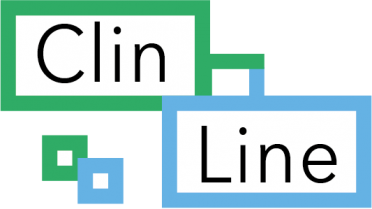Online workshop:
Best Methods to Optimize Clinical Trial Processes
Best Methods to Optimize Clinical Trial Processes
New solutions are by rule expected to improve efficiency and/or efficacy of clinical research. However, it does not always turn out this way in practice. Have you ever experienced that instead of improving the process, a new solution ended up costing even more effort? Or that it resulted in quality issues due to increased complexity?
If you look up the term ‘clinical process optimization’ online, you will find a considerable number of tools and methods. So how do you know which one suits your situation best? Well, in order to assess the real added value of any tool or method, you need to examine your situation thoroughly and determine its specific requirements. Keep in mind that what works for one company may not work for another. Size, management choices and culture are aspects that influence the decision-making process. In this workshop we will discuss all these aspects and more.
We will examine:
– common problems in the implementation process of new solutions,
– approaches to the optimization process
– the advantages and disadvantages of potential new and often considered solutions in our industry.
We will discuss potential tools and methods, such as Lean and TOGAF, that can be beneficial in the process. In addition, our guest speaker and business psychologist Aart Brezet of Drives@Work will talk about using appreciative inquiry and appreciative leadership in stakeholder involvement and management.
Finally we will consider advantages and disadvantages of often considered solutions in our industry, such as:
– End-to-End automation
– automated data flow with APIs
– Robotic Process Automation
– maintaining data and template repositories
– AI/ML in clinical research.
In interactive breakout sessions we will discuss aspects of ‘good’ solutions and how they can be used to their fullest potential.
This inspiring and interactive workshop took place online and live via Zoom on Wednesday 19 January 2022. You can download the recording by filling in your details above.
About the trainer(s):
Berber Snoeijer graduated in biomedical sciences at Leiden university in 1996 and started in clinical research in 1997. During her career she has owned a data driven CRO, set-up several different quality systems and improved processes as a manager and consultant. In order to enhance the efficiency of processes and data use, she applied her knowledge and skills of technical (software and database) engineering, and process engineering, and improved efficient utilisation of and interactions between people.
Nowadays, as the owner of ClinLine, she uses her experience and know-how to assess, design and improve business solutions and processes for clients on small and large scales.
Berber is an experienced manager, data engineer/scientist and SAS programmer/designer. She has successfully completed several dedicated training courses including TOGAF and Lean Green Belt. In addition, she has extensive knowledge of the use and implementation of Real-World Data solutions and digitization.

Andy Richardson is a pharmacologist by original training and has worked in the pharmaceutical and CRO sectors for many years. His key interests are in the area of clinical trial operational efficiency and he has experience supporting projects across all phases of the study lifecycle in the areas of data management, statistical programming, standards, computer systems validation and systems implementation. He co-leads the PHUSE Emerging Trends and Technology workgroup and is a key contributor to the PHUSE KPI project.

